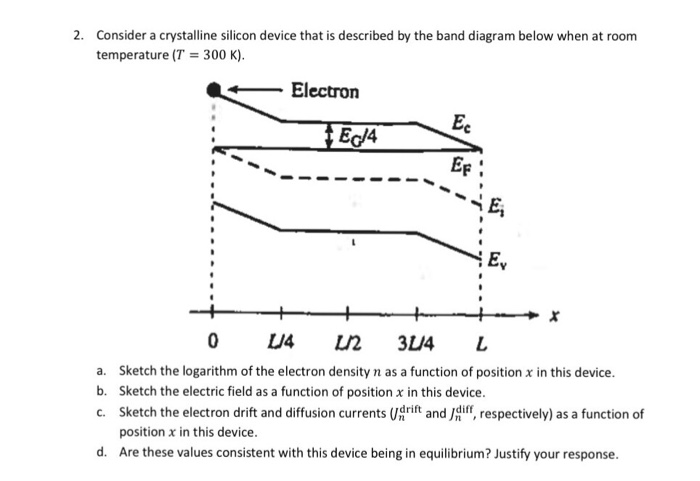JDiff X

Defines a trace context scoped field, usually but not always analogous to an HTTP header. Fields will be no-op unless
Yes (Mac OS X) No FreeFileSync: Zenju: Yes; GPLv3: Yes 2008 2020-12-04 (v11.4) Yes Yes Yes Guiffy SureMerge: Guiffy Software: No; Proprietary No 2000 2021-04-06 (v11.14) Yes Yes Yes Anything with Java 2GB IntelliJ IDEA (compare) JetBrains: No; Proprietary No 2001 2019-08-20 (2019.2.1) Yes Yes Yes jEdit JDiff plugin: Various: Yes; GPL Yes 1998. Defines a trace context scoped field, usually but not always analogous to an HTTP header. Fields will be no-op unless BaggagePropagation is configured. For example, if you have a need to know a specific request's country code in a downstream service, you can propagate it through the trace. JDIFF is a program that outputs the differences between two binary files, either in binary format or in human readable format (detailed or summarized) and then allows to reconstruct the second file from the first one and the diff-file.
Note: With the release of Android 9.0 (API level 28) there is a new version of the support library called AndroidX which is part of Jetpack.The AndroidX library contains the existing support library and also includes the latest Jetpack components.
BaggagePropagation is configured. 
For example, if you have a need to know a specific request's country code in a downstream service, you can propagate it through the trace:

Usage
As long as a field is configured withBaggagePropagation, local reads and updates are possible in-process. Ex. once added to `BaggagePropagation`, you can call below to affect the country code of the current trace context:
Or, if you have a reference to a trace context, it is more efficient to use it explicitly:
Correlation
You can also integrate baggage with other correlated contexts such as logging:
Appropriate usage
Jdiff X Review
It is generally not a good idea to use the tracing system for application logic or critical code such as security context propagation.Brave is an infrastructure library: you will create lock-in if you expose its apis into business code. Prefer exposing your own types for utility functions that use this class as this will insulate you from lock-in.
While it may seem convenient, do not use this for security context propagation as it was not designed for this use case. For example, anything placed in here can be accessed by any code in the same classloader!
Background
Jdiff X Download
The name Baggage was first introduced by Brown University in Pivot Tracing as maps, sets and tuples. They then spun baggage out as a standalone component, BaggageContext and considered some of the nuances of making it general purpose. The implementations proposed in these papers are different to the implementation here, but conceptually the goal is the same: to propagate 'arbitrary stuff' with a request.